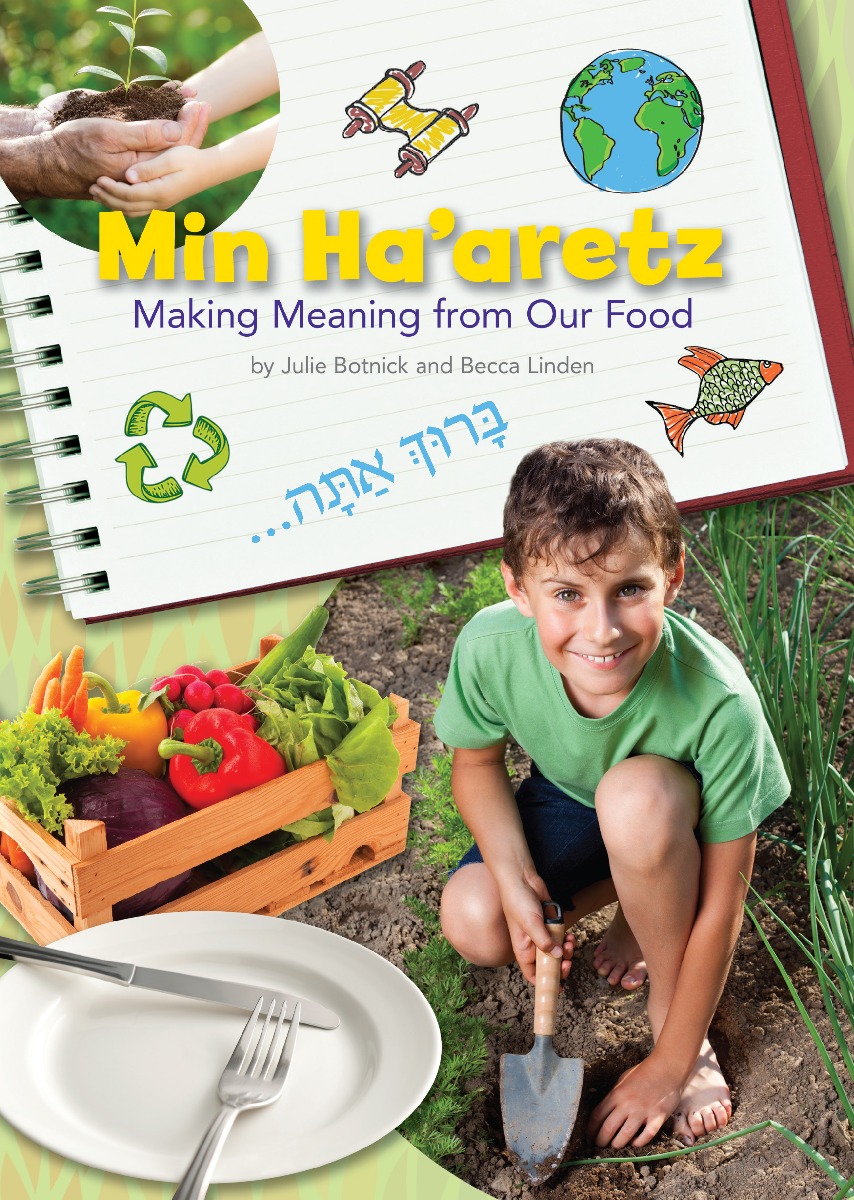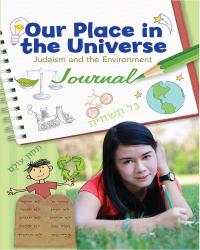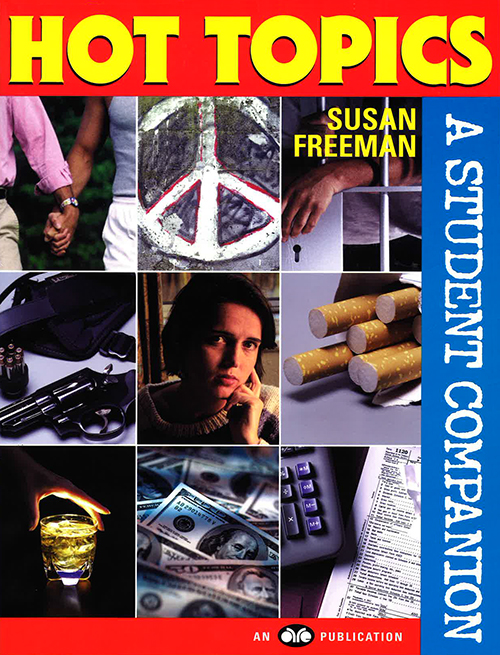Customize Your Curriculum with Unique Elective Classes
Thinking about what kinds of electives to offer in the Fall? For students in grades 5 and up, consider specialty courses that encourage deeper connection to Judaism in a whole new way.
Here are three elective ideas:
 Food
Food
Help students to think critically about food and what they eat, so they can make connections between their personal beliefs and how they live. Developed in partnership with Hazon, a leading environmental organization, our student journal Min Ha’aretz: Making Meaning from Our Food provides debate topics, writing prompts, activities, text studies, food facts, and more. The driving question of the curriculum is: What is the relationship between Judaism and food?
Through 13 lessons, guided by the companion lesson plan manual for teachers, students can explore such questions as:
- - What foods should I eat, or not eat, and why?
- - How does food connect me to my friends? My family? My community?
- - How can the choices I make affect the earth, the land, and generations to come?
- - What does this mean to me?
 The Environment
The Environment
What is our role in the world when it comes to the environment? How responsible are we for animals and for natural resources? Our Place in the Universe: Judaism and the Environment is a course for students in grades 6-8 that guides them to think critically about how they live in the world. Humanity's relationship to the natural world has been a concern of Judaism from our earliest writings. The course materials help students explore questions such as:
- - Do we have a special responsibility for taking care of the world?
- - What’s Jewish about how we treat natural resources like land, water, and air?
- - What does this mean to me?
The materials - a student journal and complete teacher manual with 17 ready-made lessons - do not offer answers to these modern issues. Rather, they serve as a platform for nuanced, thoughtful debate, help students grapple with these complex issues, and relate the lessons to their own lives. Students will end the class with a portfolio of their progress throughout the year.
Great Debates
How does someone approach controversial topics from a Jewish perspective? The Hot Topics series helps teens consider complex issues from a Jewish perspective. In today's fraught political environment, learning to discuss and debate difficult issues and respectfully hear the opinions of multiple sides is something that we all value.
Through the lens of Jewish teachings and texts, you can guide your students through complex issues such as:
- - Unpacking the news
- - How and when may I criticize Israel
- - Sports ethics
- - Navigating the digital world
- - Same-sex marriage
Don’t forget to subscribe to our newsletter and connect with us on social media!





